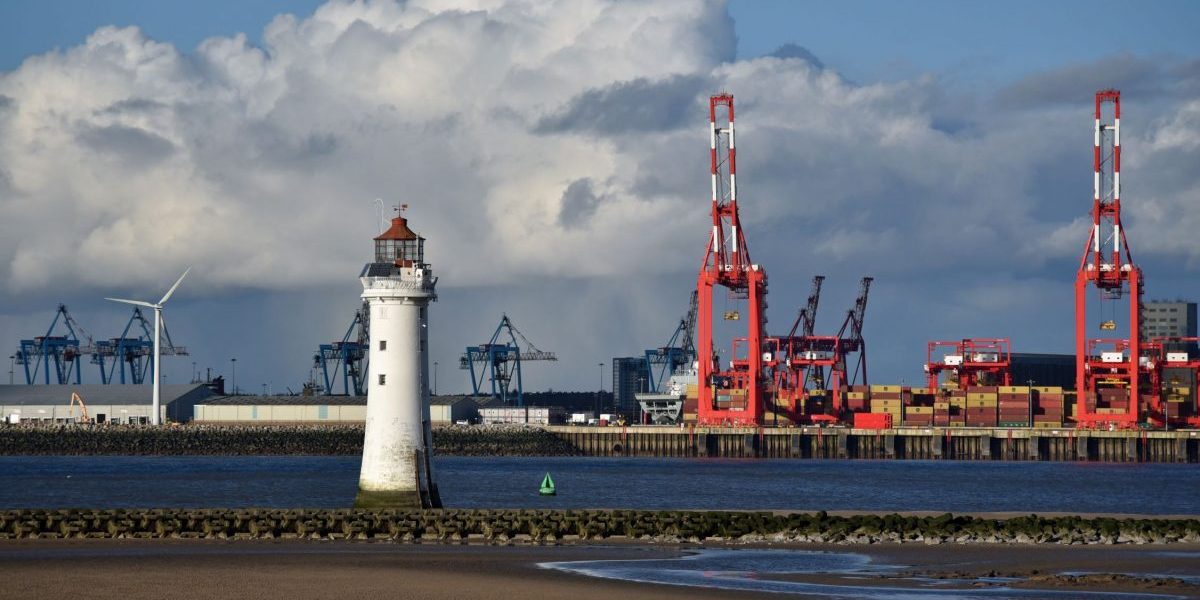I examine Chinese investors’ contributions to employment creation, increases in productivity and export figures, as well knowledge transfer mechanisms from Chinese investors to Ethiopian entrepreneurs and workers. This study can help us understand foreign investments’ spillover effects and the specific characteristics displayed by increasing Chinese investments in Africa. Investigating Ethiopia’s leather and leather product sectors’ development trajectory clearly demonstrates that Chinese investments have indeed contributed a great deal to both exports and employment in these related sectors. However, closer examination of the interaction between Chinese and Ethiopian stakeholders puts sustainable growth and effective knowledge transfer into question. Through comparison, we can see that all of the Chinese tanneries and manufacturers attach great importance to market mechanisms. They develop their expertise and capabilities according to client demands. The Ethiopian government has a pro-active attitude towards sectoral development and sets supportive industrial policies. Some policies, like the incentives for foreign direct investment, have worked. However, the lack of insight into international business realities has also caused numerous mistakes.








